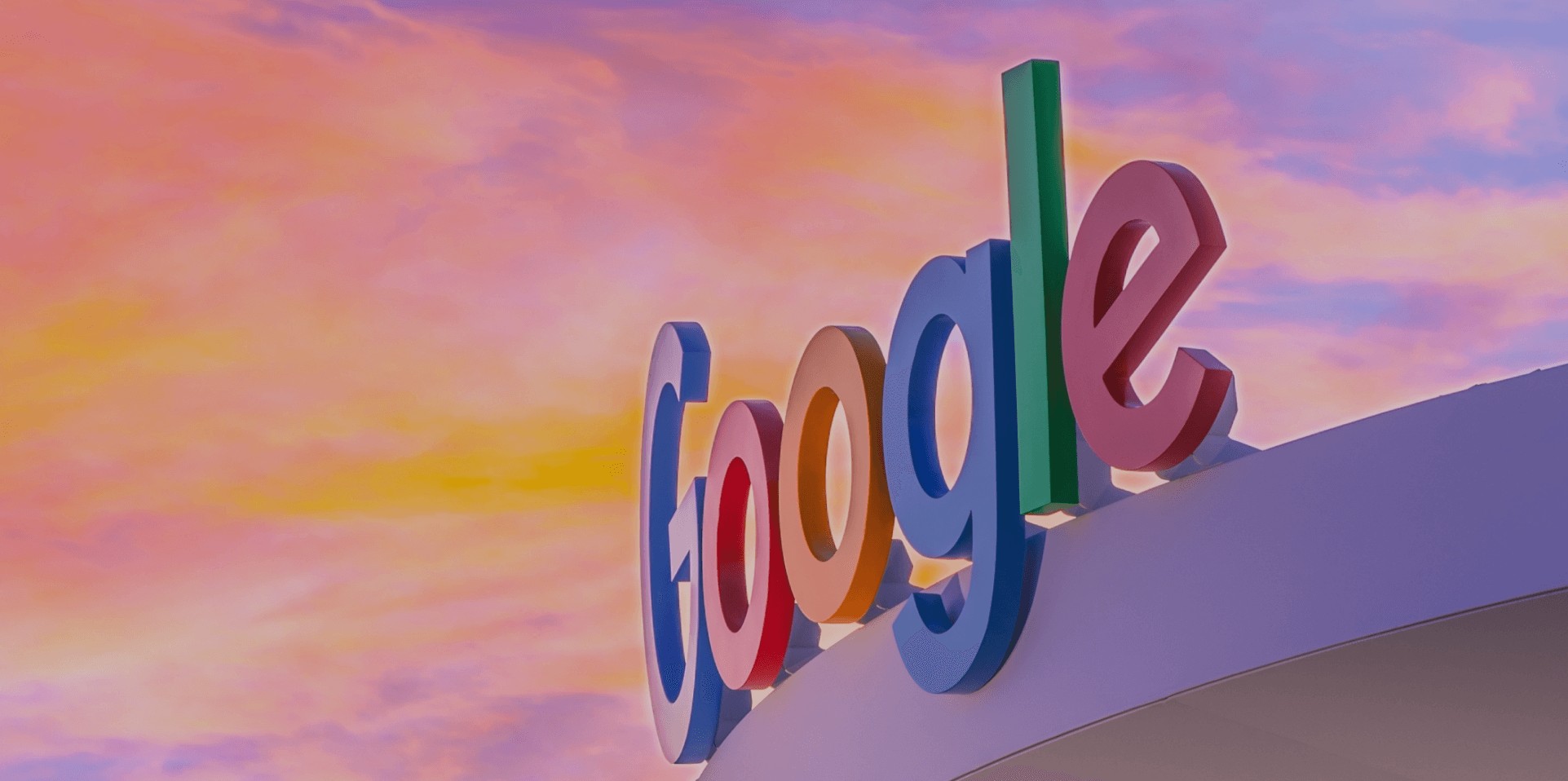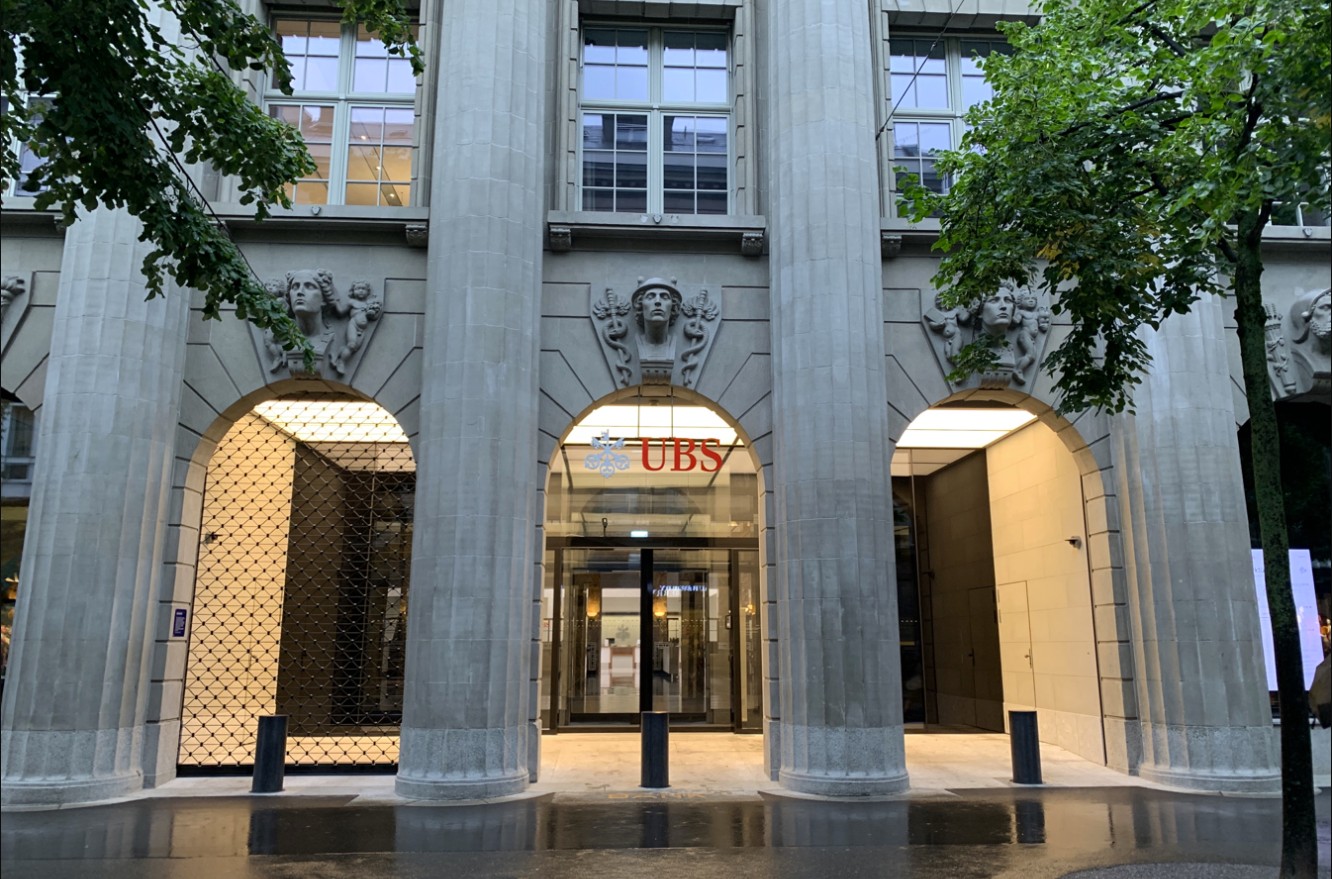
Google and the innovator’s dilemma: Will LLMs reshape search?

Rahul Bhushan
15 years: Structured Products and Sustainability
Discover how Google faces the challenge of Large Language Models disrupting traditional search & advertising, necessitating a strategic shift to AI advancements

Google has long been the quintessential 500-pound gorilla of online search. It has established a defacto monopoly as the digital waypoint to the rest of the internet. This stronghold has not only secured Google’s financial prosperity, but also enabled its transition into one of the most reliable cash flow generators on Wall Street. To some, Google has ascended into the halls of Valhalla as one of the world’s greatest companies to ever exist.
But, as Clayton Christensen outlines in his seminal book ‘The Innovator’s Dilemma,’ no titan, however large, should inherently be immune from the risk of disruption.
According to Christensen, it is not neglect, but a fundamental inability rooted in their very structure and profit maximisation model that prevents well entrenched, established companies, from adeptly responding to transformative technologies, thereby facing a risk of becoming obsolete. A process that occurs slowly at first, then all at once. This point is particularly salient for a company like Google, which now faces a transformative technology perforating its industry.
The Jeremy Grantham quote “Profit margins are probably the most mean-reverting series in finance, and if profit margins do not mean-revert, then something has fundamentally malfunctioned with capitalism” serves as a poignant reminder that if exorbitant profits, like those Google enjoys, fail to beckon competition, it may signal a malfunctioning within a system.
For a period, it appeared that Silicon Valley’s major tech giants had given up on competing with Google’s search dominance. Indeed, Microsoft’s uninspired endeavour, Bing, has achieved only a modest 1.63% market share since its inception in June 2009, a stark contrast to Google’s commanding 95.87% market share.
The advent of Large Language Models (LLMs) could significantly challenge and potentially disrupt Google's prevailing dominance. LLMs, like ChatGPT, have the ability to process information from *all* websites on the world wide web, and deliver it directly to users. This represents a paradigm shift in information retrieval and poses a direct challenge to Google’s traditional search model.
This juxtaposition underscores a potential threat to Google’s stranglehold and sets the stage for an important discussion on the potential impact of a new, transformative technology.
Google’s innovator’s dilemma
Clayton Christensen’s “The Innovator’s Dilemma” provides a framework for understanding how successful companies fall victim to new technologies. It highlights a critical challenge: entrenched firms, like Google, can struggle to pivot swiftly due to existing commitments and the sheer inertia of their successful business models. This dilemma becomes apparent as emerging technologies, particularly Artificial Intelligence (AI) and LLMs, begin to shift the landscape of information retrieval and processing.
Significantly, Google’s historical dominance is worth acknowledging, as it capitalised significantly during the transformative phase of search technology in the early 2000s. Arguably, its competitive advantage was established not just during the formative years of this phase shift, but cemented over two decades during which time Google carefully calibrated and optimised its business model around a clear, new ad format. This level of optimisation, while advantageous historically, today, could imply considerable sunk cost and operational rigidity as consumer behaviour shifts and converges around a new format.
LLMs, in their multifaceted application, represent this shift. Google’s traditional search algorithm, built on indexing web pages and matching keywords, faces disruption from these models that understand and generate human-like responses, bypassing the need for the traditional list of search results and, consequently, the ads that accompany them.

As these models advance, the sustainability of Google’s traditional revenue streams could be significantly challenged. Currently, Google monetises search primarily through pay-per-click, where advertisers pay Google a certain amount of money every time their ad is clicked by a user.
The advent of LLMs requires a fundamental rethink of this monetisation model, where these models are able to provide instantaneous responses. Moreover, LLMs embed a higher cost per search. These costs stem from their higher computational demands. Google is thus faced with a critical question: Can it pivot to this new paradigm, where the financial model is completely altered, while still meeting the quarterly EPS growth expectations of existing shareholders?
Search costs with ChatGPT
Dylan Patel and Afzal Ahmad from Semi Analysis conducted a comprehensive and insightful analysis to assess the potential ramifications for Google’s established search business should the ChatGPT model be abruptly integrated. They deduced that the consequences could be catastrophic for Google, culminating in a $36 billion decline in operating income—a figure that directly correlates to the projected expenses associated with LLM inference. Furthermore, they calculated that assimilating the current iteration of ChatGPT into every Google search would necessitate an astounding 512,820.51 A100 HGX servers, totalling 4,102,568 A100 GPUs. The sheer financial burden of procuring these servers and establishing the necessary network infrastructure is estimated to surpass $100 billion in Capex alone.
Accordingly, this adaptation for Google is not merely about shifting revenue strategies, but also involves reevaluating operational efficiencies to manage the higher costs associated with LLM-based search. The challenge for Google, therefore, is huge, requiring not just major innovation but also a major financial recalibration of its entire business.
Competitive Advantage Period (CAP) in the age of AI
In episode two of the new BG2 podcast, published on 22 February 2024, Bill Gurley and Brad Gerstner have an engaging discussion. They delve into the concept of Competitive Advantage Period or CAP, a company analysis tool Gurley attributes to Mike Mauboussin from Morgan Stanley. Using the tool, Gurley examines how long companies can maintain their edge before competitive forces catch up – the precise question currently facing Google.
Gurley specifically contrasts two companies to illustrate the CAP concept. First, he references Coca-Cola, which, despite its modest 3% growth rate, commands a forward PE ratio of ~25x (Bloomberg, Coca Cola. Average PE multiple over the past 5 years). This valuation reflects the market’s trust in the lasting nature of Coca-Cola’s competitive advantage (i.e. that in a decade, Coca-Cola will still be prominently displayed on supermarket shelves). Conversely, Gurley analyses Blackberry’s sharp decline following the launch of the touchscreen iPhone. He points out that Blackberry's forward PE swiftly declined to ~10x, as the market correctly priced Blackberry’s impending disruption (despite many investors initially mistaking it for a value play). The unfolding reality however revealed Blackberry’s severe disruption and its failure to reclaim its market position, signalling a swift erosion of its competitive advantage.
This dynamic underscores the challenge for Google, as it navigates the AI-driven transformation of search. The tech giant must confront the shifting paradigms to ensure its Competitive Advantage Period does not diminish in the face of ChatGPT.

Strategic implications for Google
The strategic implications of this transformative shift are profound for Google. As users become accustomed to obtaining immediate, direct answers, the relevance of traditional search—and, by extension, the ads that accompany search results—diminishes. This change not only affects Google’s revenue but also highlights a significant shift in user behaviour and expectations.
Google’s efforts to navigate this transition are evident in its developments in AI and machine learning, yet the company faces the intrinsic challenge of adapting its business model without undermining its primary revenue. The innovator’s dilemma here is stark: adapt too slowly and risk obsolescence, or pivot too quickly and cannibalise existing profits.
Furthermore, Google’s situation is complicated by its operational scale and corporate structure. The company’s vast employee base and layers of management are likely resistant to change, particularly where it threatens the existing order and personal career goals within the company.
Ironically, Google may initially benefit as the first searches to diminish are the less lucrative, Wikipedia-type queries. This situation temporarily shields its revenue. However, the shift to instant answers could irreversibly change user behaviour. Once accustomed to immediate responses, users are unlikely to return to the traditional method of browsing through multiple search results, posing a nuanced challenge for Google.
Looking ahead: Google’s path forward
The path forward for Google is fraught with challenges but also opportunities. To maintain its competitive edge, Google must embrace the disruptive potential of AI while finding innovative ways to integrate it into its business model. This could involve developing new monetisation strategies for AI-driven search or leveraging its vast data repositories to offer unparalleled personalised services.
Moreover, Google’s response to the Innovator’s Dilemma will be indicative of its future trajectory in an increasingly AI-powered world. The company’s ability to balance public market expectations with the imperative to innovate will be critical. As the search landscape evolves, Google’s strategies and decisions will serve as a case study for other incumbents facing their own versions of the Innovator’s Dilemma.

Rahul Bhushan
Share "Google and the innovator’s dilemma: Will LLMs reshape search?" on
Latest Insights

UBS and Switzerland: Capital hikes are not the right tool for the job
15th October 2025 • Prasad Gollakota

Trade deals & trade wars: The regional impact
23rd May 2025 • Adrian Pabst and Eliza da Silva Gomes

Unpacking the truth behind U.S. Treasury market volatility
17th April 2025 • Prasad Gollakota




























